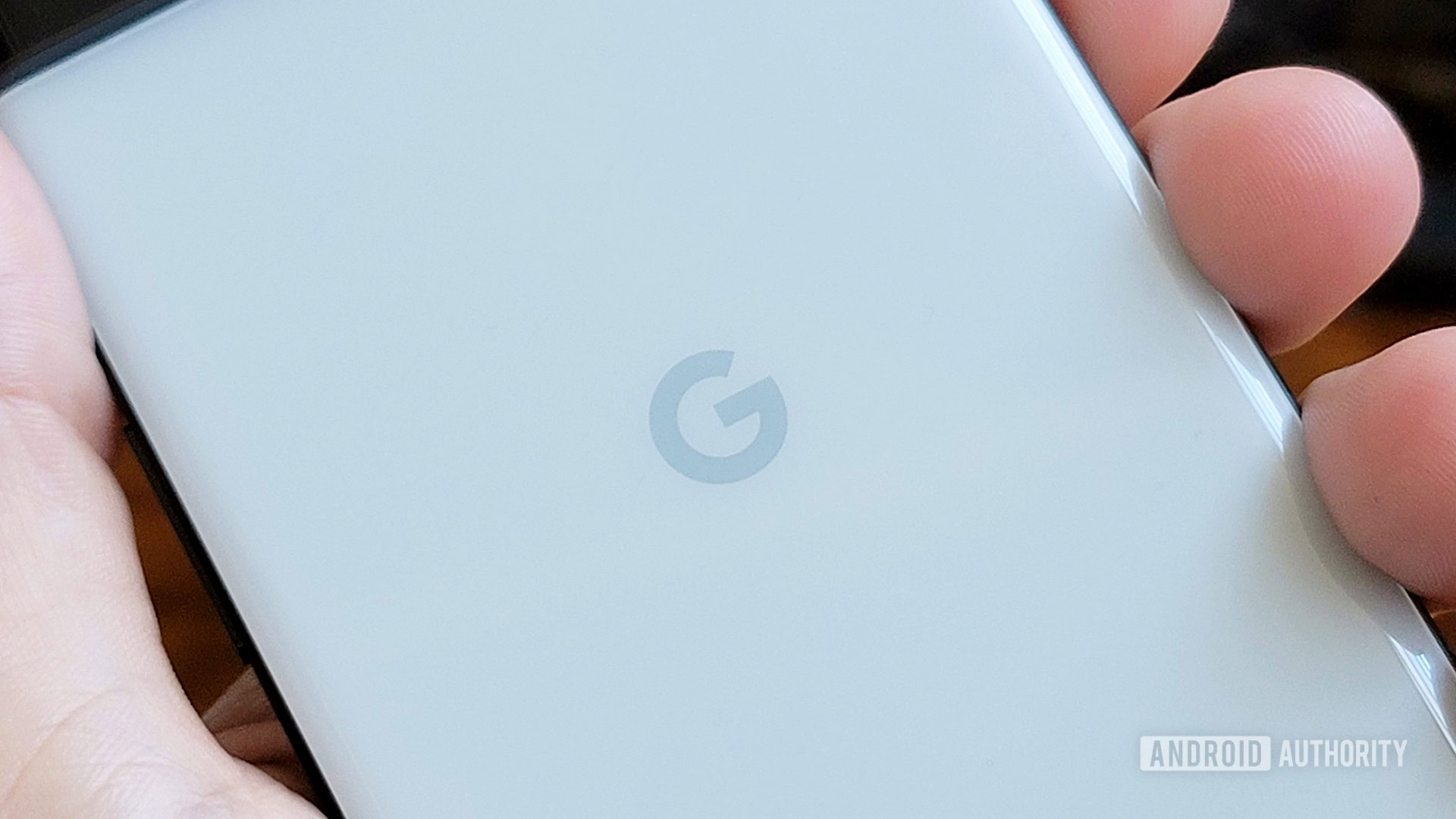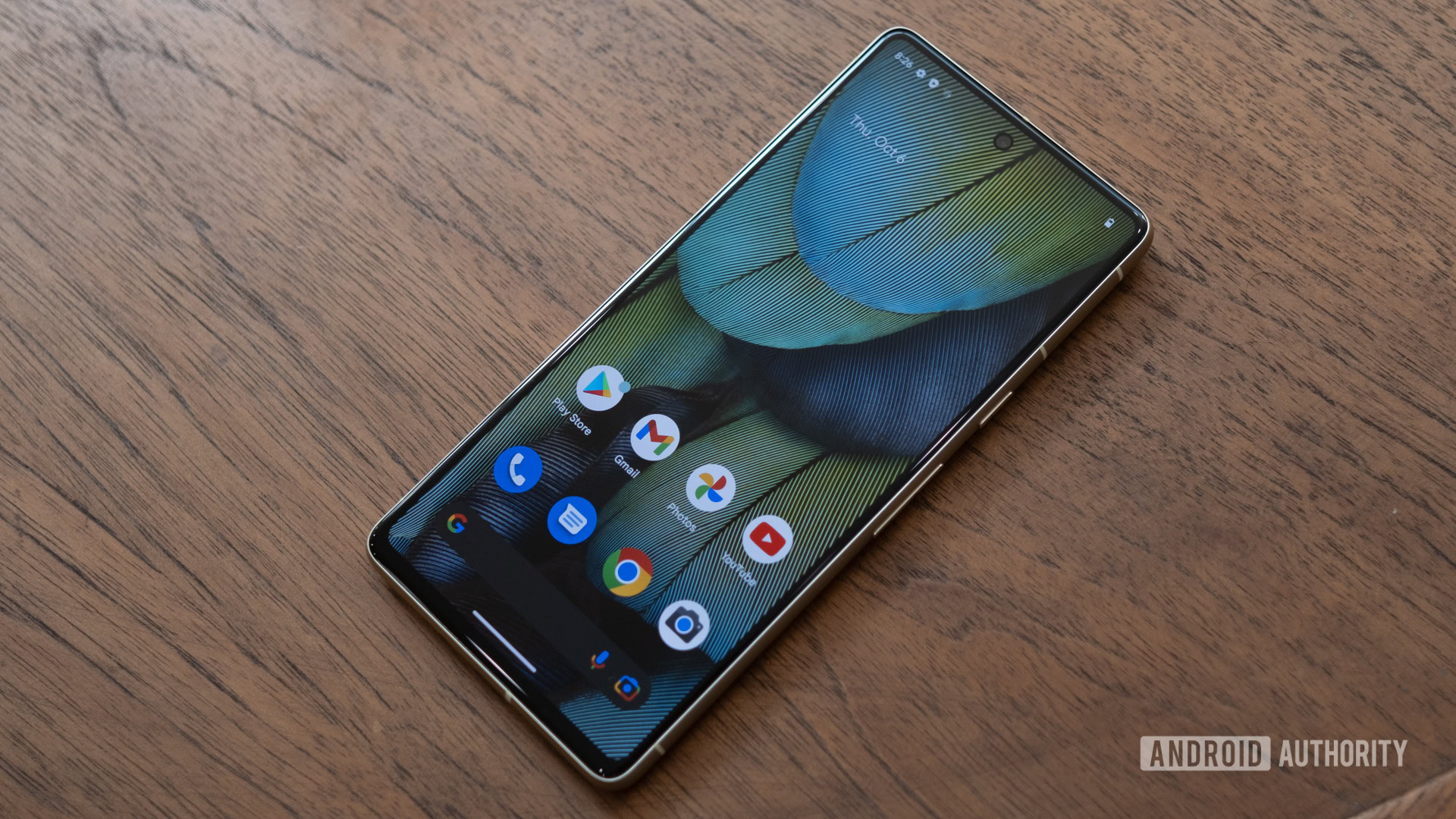Affiliate links on Android Authority may earn us a commission. Learn more.
Google was in talks to buy CPU startup Nuvia before Qualcomm swooped in

- Google was reportedly in talks to acquire CPU startup Nuvia.
- Microsoft and Intel were two other players purportedly in talks with the startup.
- Qualcomm would go on to buy the company for $1.4 billion in 2021.
Qualcomm acquired CPU startup Nuvia back in 2021, with the company’s custom CPU technology set to debut inside Snapdragon chipsets in 2023. But it turned out that another major company was in discussions to acquire the firm.
The Information reports (h/t: 9to5Google) that Nuvia was in talks to be acquired by Google, Intel, and Microsoft before Qualcomm swooped in and bought the firm in a $1.4 billion deal, citing a source with knowledge of the discussions.
Nuvia was founded by former Apple chip engineers in 2019, with the company claiming that its custom Phoenix CPU would deliver superior single-core performance to chipsets like the Apple A13, Snapdragon 865, and AMD Ryzen 4700U Zen 2 processor. Qualcomm has since asserted that its upcoming Nuvia-based Oryon CPU will offer a “new level of performance.”
What would Google/Nuvia look like?

A Google-owned Nuvia is a particularly intriguing what-if scenario. It stands to reason that Google would’ve used the startup’s custom CPUs for its Tensor line of processors. This would likely be a shift to the cutting-edge for the Tensor series, as the most recent Tensor G2 (used in the Pixel 7 series) relied on Arm’s older, off-the-shelf Cortex-X1, Cortex-A78, and Cortex-A55 CPU cores.
But Nuvia under Google also raises many questions. For example, Google currently relies on Samsung LSI to design and manufacture its Tensor chips, with these processors sharing plenty of DNA with Samsung’s Exynos SoCs. Adding custom CPU cores to the mix along with the existing custom TPU would likely make for a more complicated chip development process. After all, this would mean Google’s Tensor chipsets would consist of a custom CPU and TPU, an Arm GPU, and a Samsung modem.
Nuvia under Google ownership raises plenty of questions, but it's tough to argue that Qualcomm isn't the more suitable owner.
You also have to wonder whether Google would license out Nuvia CPU tech to Samsung as part of a deal, leading to Exynos chipsets with custom CPUs. For what it’s worth, Exynos processors don’t use Google’s TPU silicon for machine learning, despite Samsung LSI making Tensor SoCs with this tech.
The cost of Google owning Nuvia would likely be more than the $1.4 billion Qualcomm paid for the startup too. The Mountain View company would have to bring in plenty of resources and people to optimize and develop CPUs and chipsets, while a company like Qualcomm has loads more engineers and associated resources. There’s a reason why Google currently relies on Samsung for chip design and development. It’s cheaper than doing most of the work yourself.
Do you think Google owning Nuvia would've been a good idea?
Google has also historically had a reputation for killing hardware and software on what seems like a whim. This doesn’t seem to be the case for its mobile division, as it’s stuck with the Pixel range since 2016 now. Furthermore, the Pixel 6 and Pixel 7 series suggest that Google has finally found its feet and is more focused than ever on mobile. But the company’s reputation in general suggests Qualcomm might be a better home for Nuvia in the long term.
Qualcomm chipsets are also available to a host of manufacturers compared to Google’s chips only being available inside its phones. So a Qualcomm-owned Nuvia would likely mean more choice for consumers too.